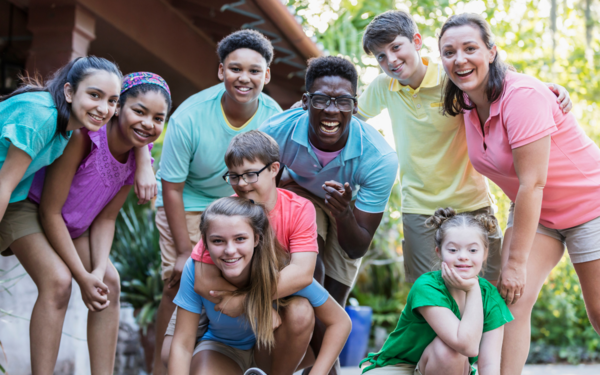Breaking Barriers through Inclusive Sport: empowering community change

Participation in sport brings a number of benefits for individuals as well as the wider community. For individuals, sport can promote physical and mental well-being as well as an increased sense of self and ability. For communities, sporting activities are increasingly being recognised for their valuable role in creating social change and contributing to broader development objectives.
We all have a right to enjoy access to sports and recreational activities, including persons with disabilities. Article 30 of the UN CRPD requires States Parties to take all appropriate measures to ensure that persons with disabilities have access to mainstream recreational, leisure and sporting activities while also having the opportunity to organise, develop and participate in disability-specific sporting and recreational activities.
While there is no EU-level data on the participation of people with disabilities in sports, the European Commission’s (2018) Special Barometer on Sport and Physical Activity provides an indication that many persons with disabilities continue to face additional barriers while trying to practice sports. According to the report, having a disability or illness is the third most mentioned reason (14% of respondents) for not practicing sport more regularly behind ‘lack of time’ and ‘lack of motivation or interest’.
As we strive to make more inclusive communities, sport offers an ideal tool for raising awareness, addressing stereotypes and fostering the inclusion of people with disabilities in society. Further change is needed, however, to create more opportunities for inclusive sport and disability support service providers can lead the way in making this change.
With this in mind, this event will:
- Address what inclusive sport entails.
- Highlight the impacts of inclusive sport on the entire community.
- Identify how support service providers can promote more inclusive sporting activities for persons with disabilities.
This event will include interpretation in Spanish
10h00 | Welcome and Introduction to Inclusive Sport
|
10h10 | Why inclusive Sport?
|
10h40 | How can support service providers promote more inclusive sports and recreational activities?
Q&A |
11h15 | Conclusions
|

